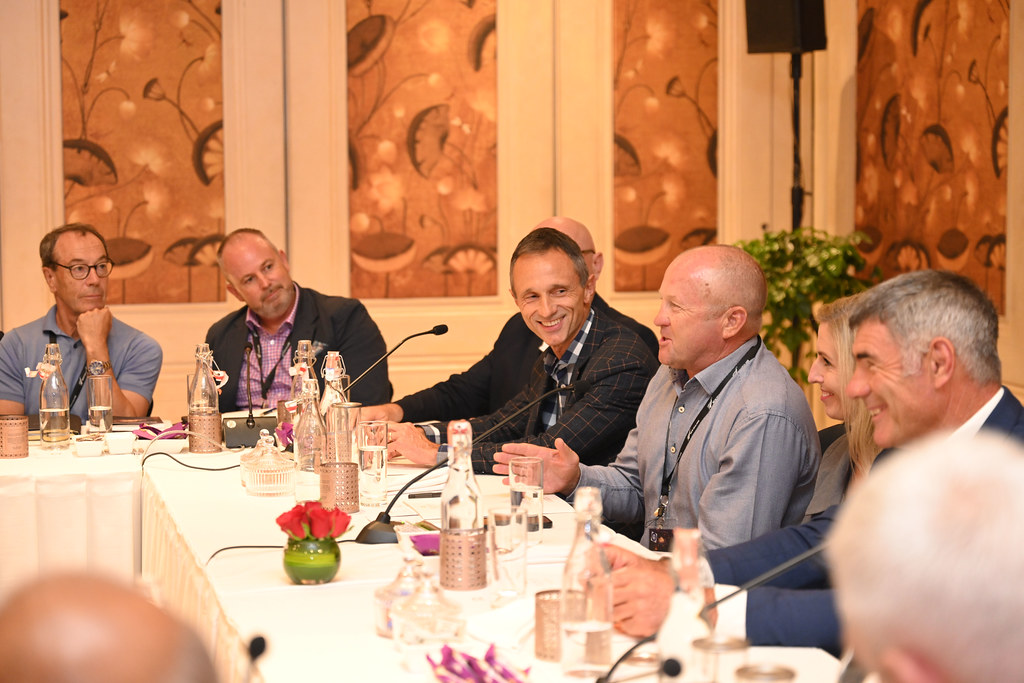MARKET
Karen Allan, Apiculture New Zealand Communications Coordinator
Apiculture advocates who accompanied Prime Minister Christopher Luxon on his recent trip to India see the world’s most populous country as a potential new market for New Zealand honeys if some of the current barriers to access, such as high tariffs, could be overcome.
ApiNZ Independent Board Chair Nathan Guy and The Mānuka Collective Chief Executive Sean Goodwin made up part of the delegation looking to re-open free trade agreement (FTA) negotiations between the two countries that have been halted for nearly a decade.
Nathan Guy says India’s economy is the envy of many countries and has been growing at 6% per year over the last decade. It has a fast-growing middle class of 445 million people who enjoy high-quality products.
He believes the FTA negotiations have political will on both sides to secure a comprehensive deal.
“ApiNZ connections with Government officials and Ministers will ensure our voices are heard through this process on behalf of the whole honey sector,” says Nathan.
Minister of Trade and Enterprise Todd McClay is calling for public submissions to help inform these negotiations.
New Zealand honey is curently subject to a 65% tariff on entry to the Indian market, while Australia is exporting honey to India tariff-free. Sean Goodwin is advocating for the removal of this tariff and the recognition of mānuka honey as a taonga species of New Zealand. He says the latter could potentially help the New Zealand apiculture industry’s efforts to obtain a Geographic Indicator (GI) with other countries.
Sean suggests that New Zealand could also support the development of India’s beekeeping industry, which lacks training, scientific methods, and standards.
“India produces many traditional honey types but has, to date, been unable to differentiate them or tell their story, unlike mānuka.”
Delegation welcome meal. Photo supplied.
With a population of 1.46 billion, India is the most populous country in the world. An average of approximately 67,000 babies are born there every day.


